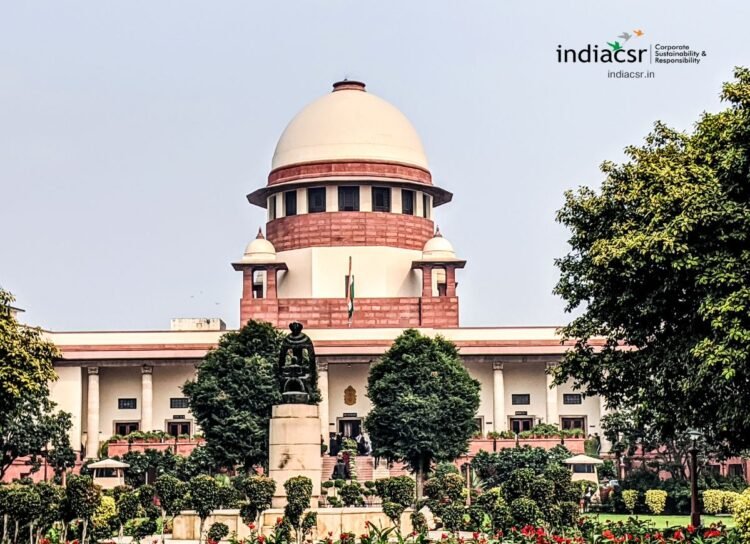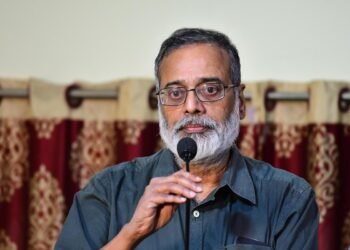The Central government has announced its intention to file a review petition against a recent Supreme Court ruling in the Directorate of Enforcement vs. Roop Bansal and Ors case, commonly referred to as the M3M case. The ruling mandated that the Enforcement Directorate (ED) must provide written grounds for arrest to individuals detained in cases under the Prevention of Money Laundering Act (PMLA). This development was disclosed by Solicitor General of India Tushar Mehta during proceedings at the Delhi High Court.
Review Petition in Response to SC Ruling
The Supreme Court’s decision in the M3M case, where it emphasized the necessity of furnishing written grounds of arrest as a routine practice, has prompted the Central government to seek a review. In this case, the apex court stated, “To give true meaning and purpose to the constitutional and statutory mandate of Section 19(1) of the Act of 2002 of informing the arrested person of the grounds of arrest, we hold that it would be necessary, henceforth, that a copy of such written grounds of arrest is furnished to the arrested person as a matter of course and without exception.”
Legal Challenge in Delhi High Court
The revelation about the review petition came to light during the hearing of petitions filed by Prabir Purkayastha, the founder of NewsClick, and Amit Chakraborty, the Head of Human Resources (HR). These petitions challenged their detention in a case under the Unlawful Activities (Prevention) Act (UAPA).
Interpretation of Supreme Court Ruling
Senior Advocate Dayan Krishnan, representing Prabir Purkayastha, cited the Supreme Court’s judgment to argue that the failure to provide grounds of arrest violates Article 22(1) of the Indian Constitution. However, Solicitor General Mehta argued that there is a distinction between the provisions of the PMLA and UAPA and that the Supreme Court’s judgment was specific to a PMLA case.
Mehta also expressed concern that the Supreme Court’s directive might complicate matters for previously made arrests and requested the use of “henceforth” in the judgment. He pointed out that the arrests in the NewsClick case occurred on October 3, the same day the Supreme Court issued its ruling, and the Delhi Police were not party to the case.
Parallels Drawn in the High Court
During the initial hearing of Purkayastha and Chakraborty’s petitions, Justice Tushar Rao Gedela drew comparisons between Section 43D of the UAPA and Section 19 of the PMLA. The Court observed that the failure to disclose arrest grounds in the remand application appeared to contradict a Supreme Court judgment.
Justice Gedela remarked, “Apparently, in the application for remand you don’t disclose the grounds of arrest. There is a judgment of the Supreme Court staring in the eye,” highlighting the potential legal implications of the Supreme Court’s ruling.






















